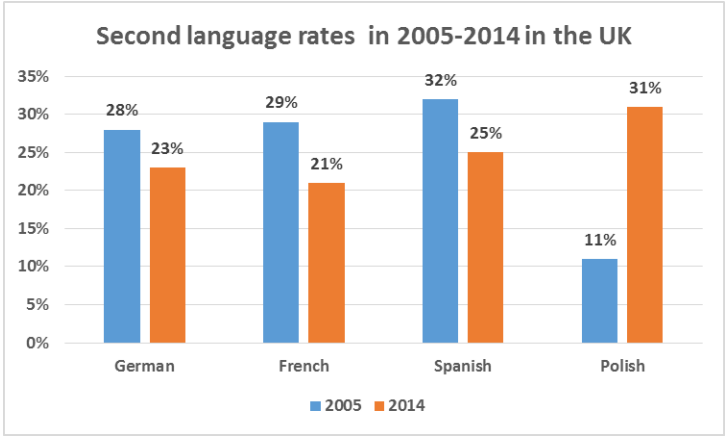The ballad Heather Ale was written by Robert Louis Stevenson, a Scottish essayist, poet, and author of fiction and travel books. Read the ballad and write an essay about it (200-250 words). Use the plan below.
- Write a short introduction
- Summarise the plot of the ballad
- Name its main characters and briefly describe them / who they are
- Explain what the message / the main idea of the ballad is
- What character traits of the indigenous people of Scotland are revealed in the ballad?
Glossary
- heather — a wild plant with small flowers that grows in areas of open land (moorland)
- heather ale — a local drink; the people who knew the secret of brewing it were the Picts
- to brew — to make a drink such as beer, tea or coffee
- fell — violent
- foe — an enemy
- to smite (smote) — to hit hard, to attack
- dwarfish — extremely small (about a person)
Heather Ale by R. L. Stevenson
From the bonny bells of heather
They brewed a drink long-syne,
Was sweeter far then honey,
Was stronger far than wine.
They brewed it and they drank it,
And lay in a blessed swound
For days and days together
In their dwellings underground.
There rose a king in Scotland,
A fell man to his foes,
He smote the Picts in battle,
He hunted them like roes.
Over miles of the red mountain
He hunted as they fled,
And strewed the dwarfish bodies
Of the dying and the dead.
Summer came in the country,
Red was the heather bell;
But the manner of the brewing
Was none alive to tell.
In graves that were like children’s
On many a mountain head,
The Brewsters of the Heather
Lay numbered with the dead.
The king in the red moorland
Rode on a summer’s day;
And the bees hummed, and the curlews
Cried beside the way.
The king rode, and was angry,
Black was his brow and pale,
To rule in a land of heather
And lack the Heather Ale.
It fortuned that his vassals,
Riding free on the heath,
Came on a stone that was fallen
And vermin hid beneath.
Rudely plucked from their hiding,
Never a word they spoke;
A son and his aged father —
Last of the dwarfish folk.
The king sat high on his charger,
He looked on the little men;
And the dwarfish and swarthy couple
Looked at the king again.
Down by the shore he had them;
And there on the giddy brink —
“I will give you life, ye vermin,
For the secret of the drink.”
There stood the son and father,
And they looked high and low;
The heather was red around them,
The sea rumbled below.
And up and spoke the father,
Shrill was his voice to hear:
“I have a word in private,
A word for the royal ear.
“Life is dear to the aged,
And honour a little thing;
I would gladly sell the secret,”
Quoth the Pict to the king.
His voice was small as a sparrow’s,
And shrill and wonderful clear:
“I would gladly sell my secret,
Only my son I fear.”
“For life is a little matter,
And death is nought to the young;
And I dare not sell my honour
Under the eye of my son.
Take him, O king, and bind him,
And cast him far in the deep;
And it’s I will tell the secret
That I have sworn to keep.”
They took the son and bound him,
Neck and heels in a thong,
And a lad took him and swung him,
And flung him far and strong,
And the sea swallowed his body,
Like that of a child of ten; —
And there on the cliff stood the father,
Last of the dwarfish men.
“True was the word I told you:
Only my son I feared;
For I doubt the sapling courage
That goes without the beard.
But now in vain is the torture,
Fire shall never avail:
Here dies in my bosom
The secret of Heather Ale.”
